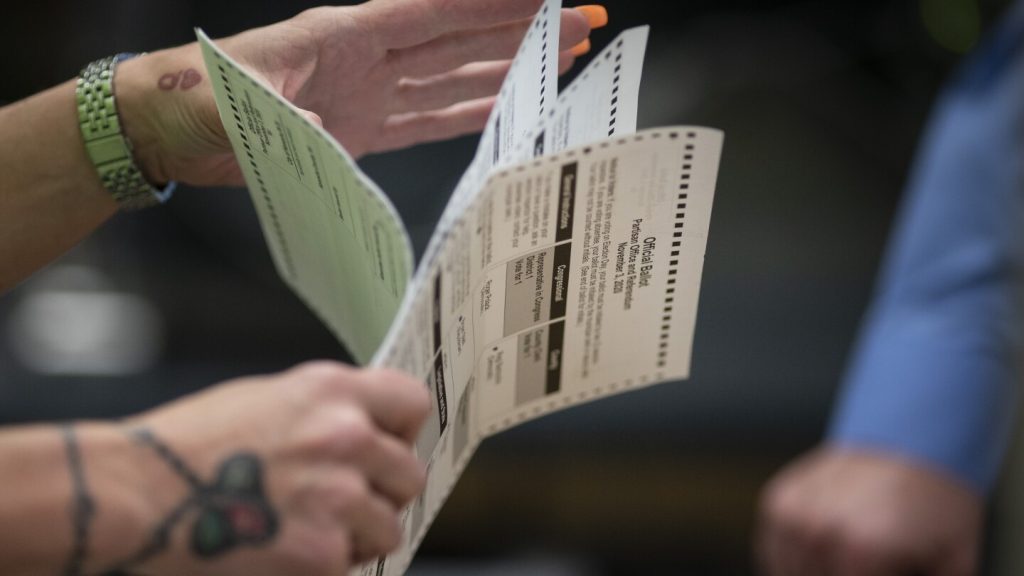A judge in Wisconsin refused to delay his ruling that allows disabled individuals to receive and submit absentee ballots electronically for the upcoming presidential election. This decision was made despite appeals from Republicans, who argued that the ruling should be put on hold while their appeal is pending. The judge determined that pausing the ruling would cause harm to both disability rights advocates and the public interest. The state appeals court will now have to decide whether to pause the ruling, which allows disabled voters to cast their ballots independently at home using electronic devices before mailing them back to the clerks.
Previously, Wisconsin state law only allowed ballots to be transmitted electronically to military personnel and overseas voters. The temporary injunction granted by the judge on June 25 now allows all disabled voters to request and submit their ballots electronically if they self-certify that they cannot mark a paper ballot without assistance. All absentee ballots must be received by clerks before the polls close on November 5 in order to be counted. The exact number of disabled voters who may use this new method of voting is unknown, but statistics show that there are nearly 100,000 Wisconsin adults with vision difficulties and over 307,000 with difficulty in movement. Disability Rights Wisconsin, the League of Women Voters, and four disabled voters filed the lawsuit, with the Republican-controlled state Legislature intervening and filing the appeal.
The plaintiffs argued that many individuals with disabilities cannot cast paper ballots without assistance, which compromises their right to a secret ballot. On the other hand, Republicans argued that the judge’s ruling disrupted the status quo too close to the election. The Wisconsin Department of Justice, representing the elections commission, also raised concerns about security risks and potential confusion with the new electronic ballot process. The elections commission has begun the process of complying with the court’s order by issuing guidance to local clerks and training them on the software needed to send electronic ballots. This issue has become a political flashpoint in Wisconsin, where the outcome of past presidential elections has been decided by narrow margins.
Overall, the decision to allow disabled individuals to receive and submit absentee ballots electronically in Wisconsin for the upcoming presidential election has sparked both legal challenges and political debate. The judge’s refusal to delay his ruling despite appeals from Republicans signifies the importance of ensuring equal voting rights for disabled individuals. The state appeals court will now have to decide on whether to pause the ruling, which could potentially impact the voting process for a significant number of disabled voters in the swing state of Wisconsin. This decision highlights the ongoing efforts to address accessibility issues in the electoral process and uphold the right to vote for all citizens.


